
Any AI partner in healthcare must support the safeguarding of protected healthcare information and possess a proven track record of innovation.

Any AI partner in healthcare must support the safeguarding of protected healthcare information and possess a proven track record of innovation.
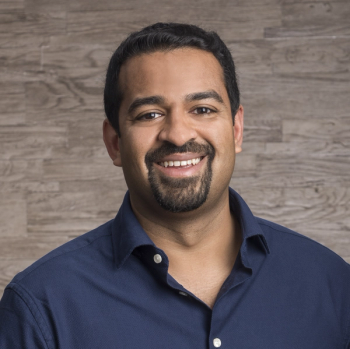

Some nursing leaders say shorter, more flexible shifts would help the nursing shortage and also protect patients. But moving away from 12-hour shifts wouldn’t be easy.

Assuming the deal is approved by regulators, the new organization will operate 67 hospitals in six states. The new system would be known as Advocate Health.

Too many nurses don’t want to work at bedside in hospitals, says Vicki Good, a national leader in the nursing field. Healthcare leaders must take care of nurses to avoid even greater staffing challenges.

The watchdog organization released its spring safety grades, examining nearly 3,000 hospitals. Patient satisfaction dipped during the pandemic.

As National Nurses Week continues, Nicole Banister of Caravan Health offers some suggestions to reduce the burdens on nurses.

In an interview with Chief Healthcare Executive, Anne Dabrow Woods of Wolters Kluwer talks about ways to address the nursing shortage.

Hospital at Home is now a viable care delivery pathway, and it will help reshape future practice. But it requires strategic planning to ensure success.

A new federal report sheds more light on the challenges health systems have faced during the pandemic and the prospect of an even greater shortage of doctors and nurses.

Analysts talked with Chief Healthcare Executive about the areas of high interest to investors.

Mayo Clinic researchers found ECGs powered by artificial intelligence could predict irregular heart rhythms years before they are diagnosed. It could point to earlier interventions to prevent stroke.
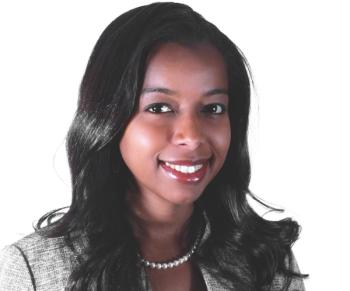
The group is aiming to improve dermatology, since some doctors aren’t adept at treating conditions on patients with dark skin.

Nele Jessel, chief medical officer of athenahealth, explains how health systems can help physicians.

Researchers found that less than half of 61 cancer centers studied were complying with federal regulations on price disclosures. Some cancer centers also had substantial markups.
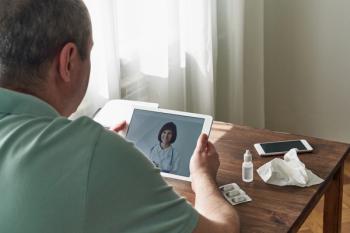
Some healthcare leaders have worried about disparities in use of telemedicine. The new study shows many in impoverished communities turned to telehealth.

Healthcare executives must prioritize strategies that help overcome the resource challenges facing clinical research departments.

UW Medicine’s longtime CEO announces plans to retire, Boulder Medical Center hires its first female chief executive, and more leaders take new positions.
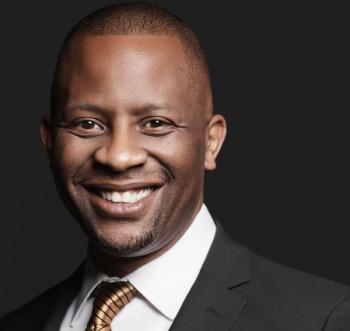
The president and CEO of the Bizzell Group talked about going directly to patients and the need for a more diverse workforce. He also talked about the importance of improving COVID-19 vaccination in minority communities.

A majority of nurses say they are putting the job before their health, according to the survey by IntelyCare. Nurses who have shifted to per diem roles said they are happy with the move.

Providers must engage patients outside of appointments, Linnert said in an interview with Chief Healthcare Executive. Health systems can use their data to connect with patients.
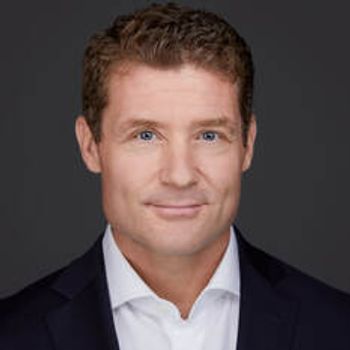
In an interview with Chief Healthcare Executive, CEO Thom Herrmann talks about the company and his ambition to take the hybrid concept nationwide.

A new study indicates a significant decline, and suggests the value of adding cessation programs to behavioral health treatment.

Ash Shehata of KPMG talked to Chief Healthcare Executive about why he expects to see more deals in the health sector in the months ahead.

A new survey by Panda Health found most organizations spend months on finding digital solutions, but still aren’t sure they made the right choice. And many hospitals don’t have an overall vision.